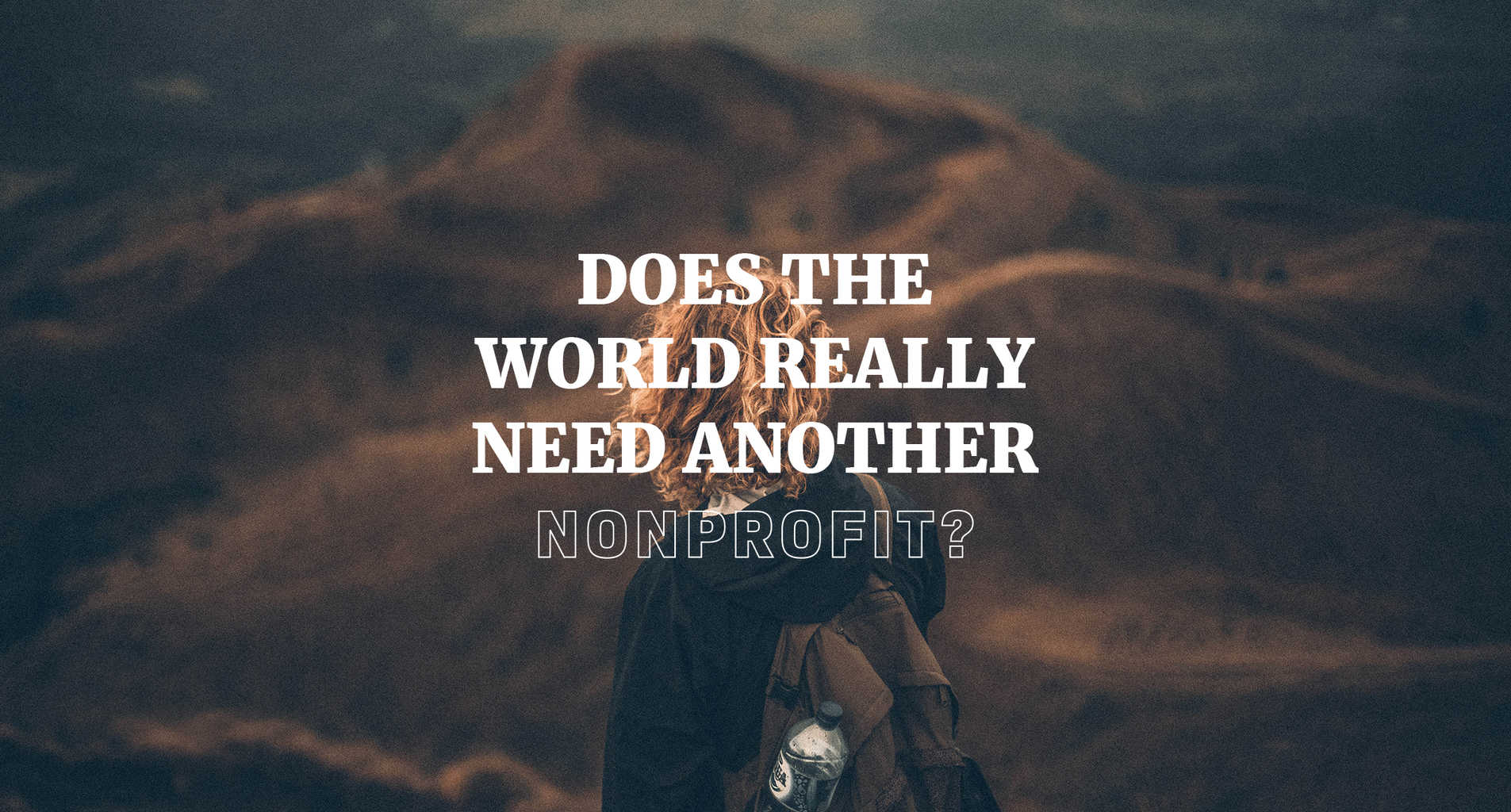
“Do you have any kids?”
“Why don’t you have children?”
“Do you want kids?”
These are questions my wife and I get sometimes from friends or new acquaintances. They’re well-meaning but a little awkward. We can tell after the question has been asked that they realize they might have set themselves up for a dramatic testimony or a tearful tale of infertility or miscarriages. The simple answer is that hasn’t been our story.
God simply hasn’t given us children yet. Yes we want children, just maybe not to the degree that some people want them. Despite trying for many years, we’ve never conceived. And we’ve never had the financial means nor the emotional need to discover why. Not everybody can understand that.
Our identity is first in Christ.
My wife and I started our marriage by putting Jesus first. We realized if our identity was in each other, one would fail the other. Neither of us was complete. And we couldn’t rely on the other to complete us. Only Christ could do that. Only then we could be able to fully love the other. Having done that, we knew that our identity could never be in our children for the same reasons. We knew that if God blessed us with a family, He would be the center of it. But He hasn’t given us that blessing.
So where does that leave people like us in the often family-centered organization of the church?
Like almost every other church, ours has a strong focus on families and children. There’s plenty of curriculum, devotionals and studies around how to be a good father, mother, parent and family. And almost every event, activity and program has to have childcare. Who do they ask? The singles and the childless. Are we to be marginalized by the Church along with singles?
I hold a lay leadership position at my church so I’m fully aware of the struggle churches face about what to do with those outside the “family” demographic. I’ve come to realize this isn’t always something that can be addressed with a program or small group. The change has to be on the individual scale. We have to form one-on-one relationships with them, welcome them into our midst and let them know they matter to the church.
Next, we have to include them in all our groups and events. Treat them like everyone else. That may seem a like a foregone conclusion, but you’d be surprised how isolating it feels when you have nothing to contribute in a conversation about baby carriers or new stroller innovations. Make sure your topics center on the individual’s relationship with Jesus. And limit your potty training illustrations. It’s OK to share openly and honestly. Just know your audience and make sure you’re including something everyone can relate to.
And finally, we have to realize there are individuals within every family. For every child you teach in children’s church, there is a father who is struggling at work. There is an overworked mother. How can the church meet their individual needs? How can the church help them find their individual identity in Christ?
Your church is your family.
As my wife and I enter our monthly rotation in children’s church, we view ourselves as aunt and uncle to every child in there. In that way, we’re not childless. We’re foster parents to them for at least that hour. But we’re also brother and sister to their parents. We want to know them personally and help shoulder the burden of parenting. Isn’t that what church is supposed to be about? We don’t know if we will ever have children. But we know we have a family.






















